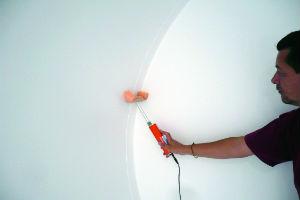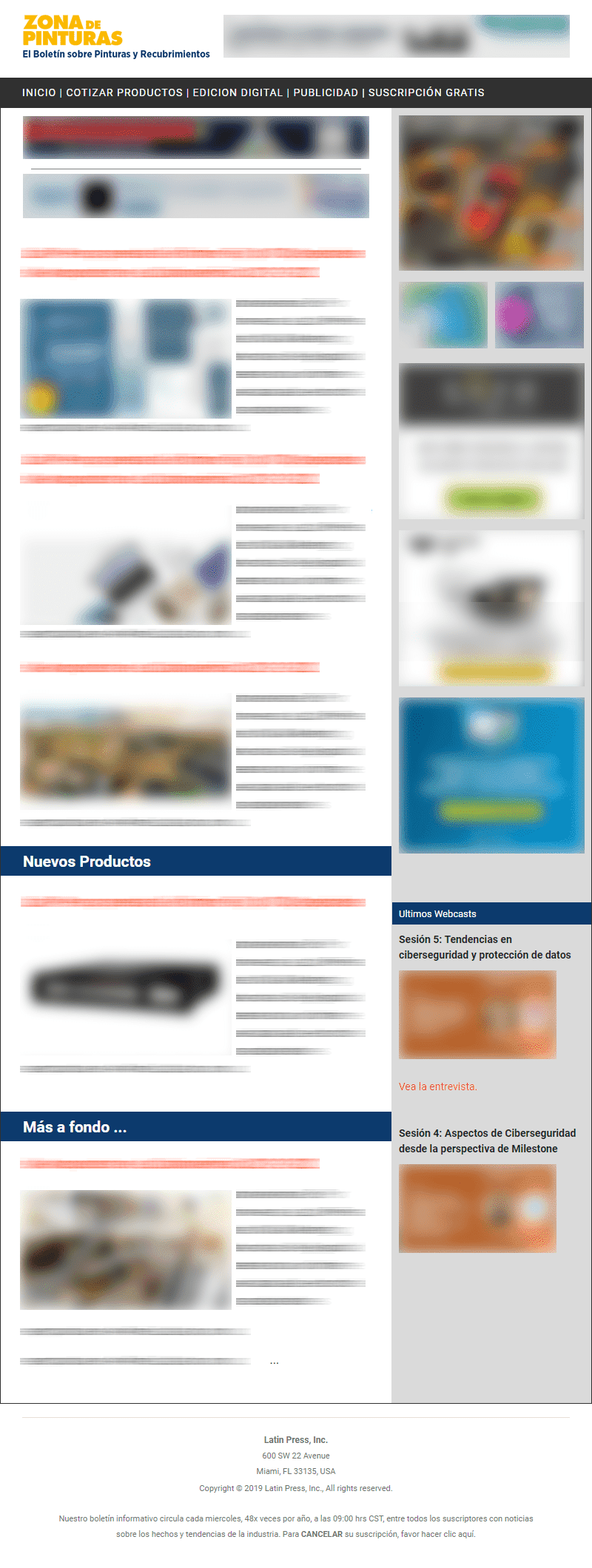 An auditor must be trained to have professional criteria that allow him to carry out a correct analysis of a work and subsequently execute the most appropriate plan according to the needs of the project.
An auditor must be trained to have professional criteria that allow him to carry out a correct analysis of a work and subsequently execute the most appropriate plan according to the needs of the project.
by Juan Manuel Álvarez*
It is usually thought that the framework of reference of work for the auditors is the contract of the project, and what results in this being carried out with quality criteria according to standards are the compliance norms.
The above is totally true, but something that is behind the scenes is the vision that the intervener must have, a vision generated by the understanding of the rules and the contract.
Beyond the textual content of the rules, it is the transcendence that it transmits once it is complied with. This is how the quality criterion that gives rise to the standard has an impact on durability, operation and other aspects, which from the technical analysis of the material, product, component or structure, must be met to provide safety in materials, products, components and structures, so that it results in quality parameters such as the well-being of those who handle the materials or products, or use the components and structures. Like quality of life, care for the environment and the proper use of natural resources is also important.
Documentary supports make it possible to review or verify the quality concepts that shelter them; such documents are for example traceability, the results of analysis, tests carried out, inspection and others that lead the financial controller to have a vision of quality with regard to the reception (materials), application (products), or compliance (procedures), until the present or moment in which it requests the relevant documentation or information to verify those quality criteria.
It could be said that all the above has to do with the origin, the process, the transport, the storage and other information referring to the trajectory that the materials and products have had for the fulfillment of quality criteria and to endorse procedures covered by said norms, codes or standards, and thus allow or authorize their use or development of work.
The real criterion that the financial controller must have has to do with the future, not with the present. Endorsing documentation, performing calculations and validating procedures can be tasks that are managed or monitored, for example, through the direction of a project. But the auditor's vision has to do with issues such as the reliability of a structure or project for as long as possible, the clear criterion of the aging of structures or projects and the versatility in their operation.
The auditor only acquires this vision with a real knowledge developed over time (experience), in which a synergy is achieved from the knowledge of standards, procedures, materials, products and other information, which visualized in the future based on lived or analyzed experiences, predicts almost in detail how compliance with these quality standards occurs over time based on trends that technique, technologically or scientifically lead to better quality concepts.
To achieve the above, it is considered essential to train these auditors based on their participation in the review, understanding, verification and validation of rules and procedures that are related or that are included in the contracts that regulate an audit.
This training must be supported by the updating of knowledge in these standards, so it is important that the auditor is part of the committees that regulate or review the rules of the discipline are required for the fulfillment of that quality work, particularly with a vision for the future.
Therefore, the profiles that are demanded for the hiring of an audit office must be the same as those required for the preparation of the contract, and even for the design of the project.
- Limitations of an audit
- To explain the above. the limitations of an audit in terms of implementation shall be based on the following:
- Ignorance of the rules.
- Non-technical compliance with the standards.
- The lack of competence on the part of the audit office.
- The impossibility of compliance with the specifications.
- The economic difficulty of complying with procedures.
- That the contracting budget does not match the duration of the project.
- Customer pressure.
- Ignorance of the client.
- The inexperience of the contractor.
- The laws inherent in the project.
- The economic capacity of the client.
- The economic dependence of the contractor.
- The technology of equipment and tools with which quality standards must be achieved.
- The achievement of materials and components by local or manufacturing availability.
- Other aspects that affect the viability of the project in the present and future, either due to technical or operational considerations.
The vision of the auditor is therefore what the client needs so that the objective of the project can be fulfilled technically, technologically, scientifically, economically and productively, since the above is what precisely generates the need for an intervention sometimes misnamed as "the eyes of the client", given that the presence of an auditory is given by the inability or unavailability of the client to perform that work.
Many times the client does not allow to correctly develop an audit when he delegates to other responsibilities that do not agree with the work, thus sacrificing what the profile of the auditor should really offer for the benefit of the project in the present and in the future.
A goal to be fulfilled by a good audit corresponds to the greeting that I always wish to the readers of the column of this specialty.
Have a good aging!
* Juan Manuel Álvarez is a Consulting Member of the technical committees of NACE International, Member of A.S.T.M, of ACICOR (Colombian Association of Corrosion Engineers), of ASCOR (Colombian Association of Corrosion and Protection), of ACOSEND (Colombian Association of Welding and Non-Destructive Testing), of ICONTEC (Colombian Institute of Technical Standards), of the technical committees of END, Welding, Coatings, Fuels and others. He is also a university professor and lecturer. You can write to the e-mail: [email protected]
























Leave your comment